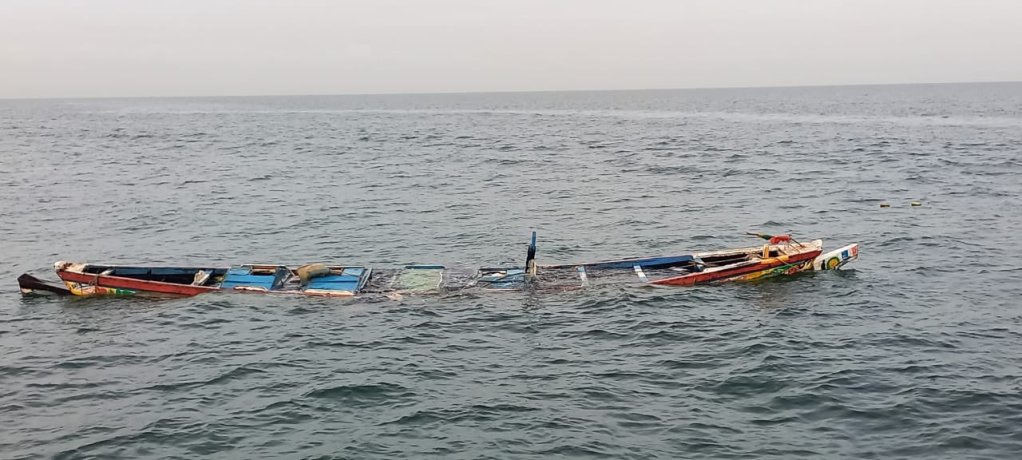The Senegalese city of Mbour, just south of Dakar, is in shock following a shipwreck off its coast nearly two weeks ago, which claimed the lives of 39 people and left dozens more missing. In this coastal city, many families are impacted by the attempts of loved ones to emigrate. Baba Diop, 68, has a niece who lost two of her sons. Here is Baba's story.
"The atmosphere is heavy in Mbour, it's gloomy. Everyone is sad, all of Mbour is sad, and even I feel the sadness. Picture this: from one day to the next, you learn that your child, your brother, your cousin, your nephew has disappeared. It's devastating.
My niece lost two of her sons in the shipwreck on Sunday (September 8, ed. note). They were 19 and 20 years old. They disappeared at sea. Their parents did not know that they were going to attempt the crossing. The news of their disappearance was a shock. They are devastated.

On September 8, a pirogue overloaded with a hundred people capsized shortly after leaving Mbour, south of Dakar. About twenty migrants were rescued. But the authorities recovered 39 bodies and dozens are missing.
'Here, migration is everywhere'
In Mbour, many families are affected by irregular immigration. In some of them, three or four people from the same household have left for Europe.
The inhabitants have been tense in recent days. Everyone is afraid that a loved one will take to the sea.
Here, migration is everywhere. In the street, coaxeurs [intermediaries with smugglers, editor's note] approach young people. They encourage them to leave and inform them of the next departure.
On the beaches, people are constantly building enormous pirogues, 15 meters long. It never stops. We know very well that these boats are not intended for fishing. The fishermen's canoes are much smaller.
And all this is done in full view of everyone, but no one does anything to stop this business.
I have five children aged 27 to 35. I watch them. I don't want them to go to sea. I talk to them a lot, I explain the dangers of such a journey, I warn them against attempting the crossing. You can build a life in Senegal. You just have to believe in it.
'Those who have succeeded encourage others to leave'
But the problem also comes from those who have managed to reach the Canaries. Because they encourage their friends who have stayed in the country to leave. They tell them that their life is better. They send photos of themselves at the beach, at the restaurant...
But we know very well that they live in miserable conditions in the Canaries. They are crammed into camps. They struggle.
Since the beginning of the year, more than 25,500 African migrants have landed in the Spanish archipelago, a 123 percent increase compared to the same period last year. But the reception system is saturated. In recent months, the regional government of the Canaries has continued to warn about the situation on the islands and is calling for more Spanish state aid to care for migrants, especially minors.
Despite everything, the young people of Mbour are lured, and one day, they decide to join their friends in Europe. And then they also say to themselves: there are more people who have managed to go to Spain than people who have died, so why not me?
We must find solutions to put an end to this exodus. I urge European countries to issue visas to young Africans. We must give them a chance. Today, it is very difficult, if not impossible, to migrate regularly. Young people never get visas, so they risk it all in the Atlantic."
Also read: Senegal vows to tackle sea migration after latest incident at sea
